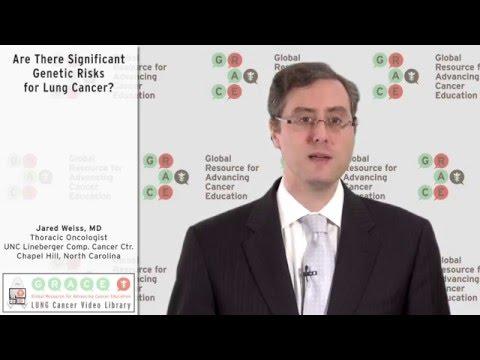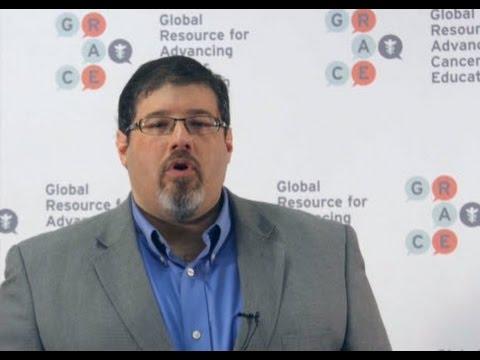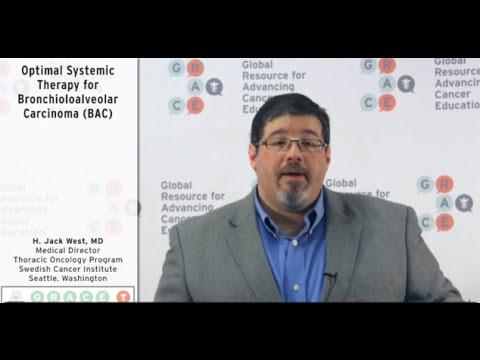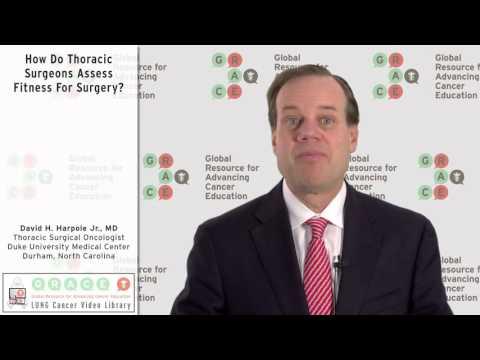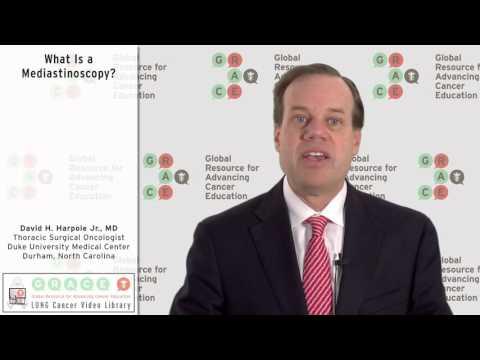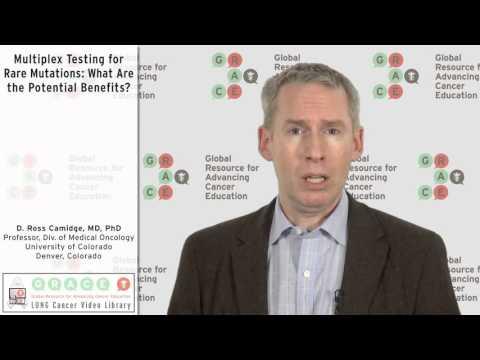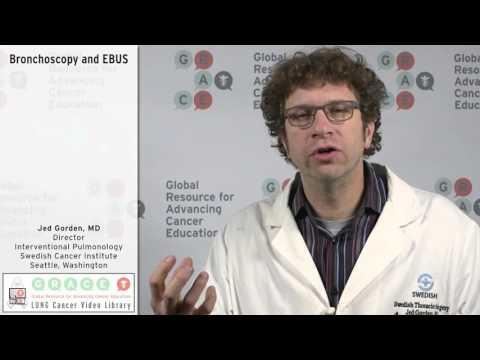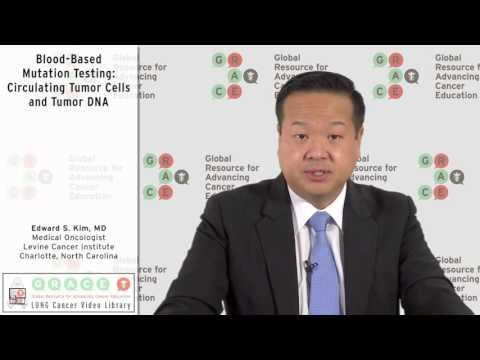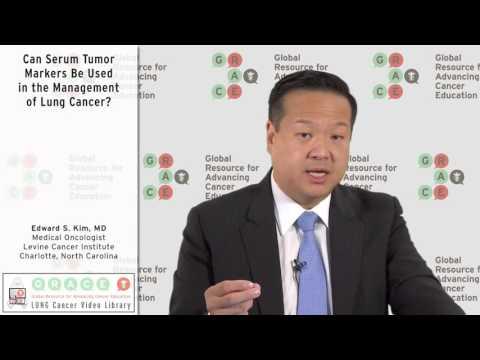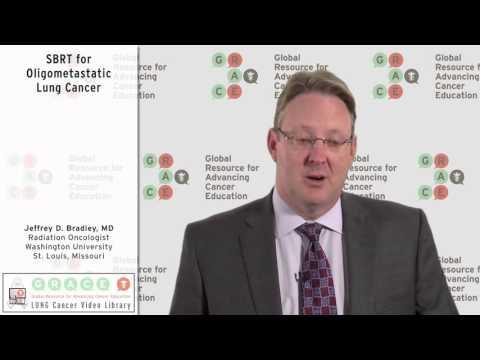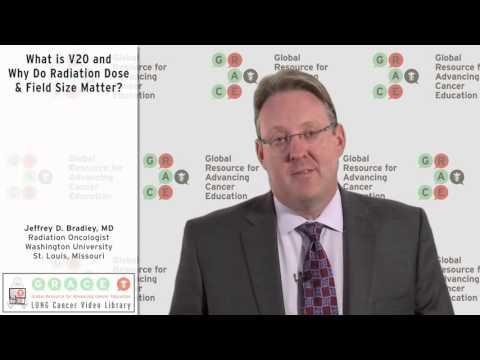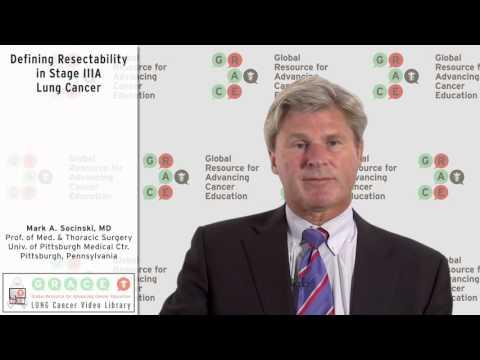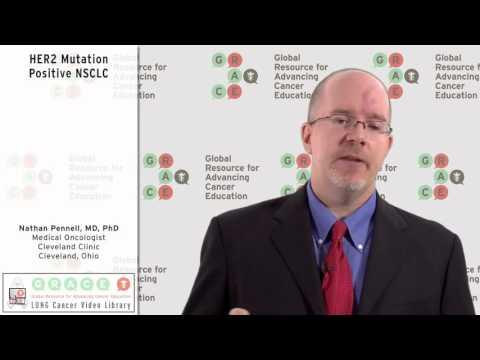Dr. Jared Weiss, UNC Lineberger Comprehensive Cancer Center, discusses the genetic risk (or lack thereof) for lung cancer.
Video Library
Search the Video Library
Video Language
Filter by Cancer Type:
Displaying Results 1 - 15 of 56
We are excited to bring you new information in our Bladder Cancer Program, hosted by Ramy Sedhom, MD. For this video, Dr. Ramy Sedhom introduces us to Dr. Elizabeth Kessler, from the University of Coloradeo Cancer Center. For more information on Dr. Kessler, please visit her bio here. In part one of
Dr. Jack West, medical oncologist/lung cancer specialist, describes special management considerations for indolent lung cancers that may not require treatment or are at risk for “over-treatment.”
Bronchioloalveolar carcinoma (BAC) is an unusual subtype of lung cancer; medical oncologist Dr. Jack West reviews the evidence on the best systemic therapy to treat advanced, multifocal BAC.
Dr. David Harpole, Duke University Medical Center, describes how he assists patients with the surgical decision-making process.
Dr. David Harpole, Duke University Medical Center, details the methods thoracic surgeons use to assess a patient's fitness for surgery.
Dr. David Harpole, Duke University Medical Center, describes the mediastinoscopy and its use in lung cancer staging.
Transcript More and more, when people are doing molecular testing on their tumor, they’re not just getting one test and if it’s negative doing another test — that’s called sequential testing, they’re doing lots of tests at the same time — that’s called multiplex testing. There are certain good
Dr. Jed Gorden, Swedish Cancer Institute, describes the differences between bronchoscopy and endobronchial ultrasound, highlighting the advantages of EBUS in diagnosis and staging.
Dr. Ed Kim from the Levine Cancer Institute reviews the potential advantages and current limitations of blood-based testing for molecular markers using circulating tumor cells and circulating tumor DNA in identifying clinically important mutations.
Dr. Edward S. Kim from the Levine Cancer Institute in Charlotte, NC describes the use of serum tumor markers in various types of cancer, and the lack of a useful serum tumor marker in lung cancer.
Dr. Jeffrey Bradley, Radiation Oncologist at Washington University in St. Louis, defines oligometastatic lung cancer and describes the recent trend toward the use of stereotactic body radiation therapy to treat it.
Dr. Jeffrey Bradley, Radiation Oncologist at Washington University in St. Louis, defines the V20 standard for lung radiation and outlines the advantages of limiting dose and field size in lung radiation therapy.
Dr. Mark Socinski, University of Pittsburgh Medical Center, discusses the factors to consider in defining resectability in stage IIIa lung cancer.
Dr. Nathan Pennell, Cleveland Clinic, describes treatment of NSCLC patients with HER2 mutations using agents such as Gilotrif or Herceptin.

